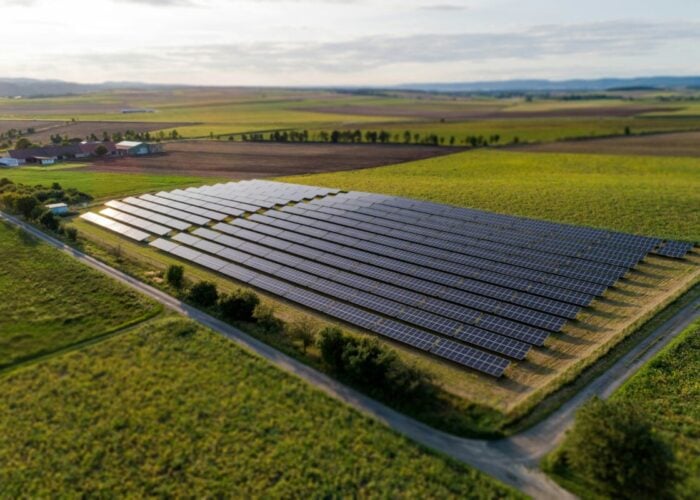Switzerland Federal Authorities has announced changes to its solar Feed-in-Tariff (FiT).
There is to be a two stage reduction in solar FiT payments with the single payment offered for systems under 30kW to also be reduced.
Try Premium for just $1
- Full premium access for the first month at only $1
- Converts to an annual rate after 30 days unless cancelled
- Cancel anytime during the trial period
Premium Benefits
- Expert industry analysis and interviews
- Digital access to PV Tech Power journal
- Exclusive event discounts
Or get the full Premium subscription right away
Or continue reading this article for free
Reductions to the Swiss solar feed-in-tariff payments, and the single payment for systems under 30kW, will come into force in two stages to allow the industry to adapt.
The reduction will begin 1 April 2015, and by 1 October 2015, there will be a 12% reduction in the tariff for installations over 1MW, an 18% reduction for systems 30kW – 1MW in size, and a 23% reduction for systems under 30kW – the new rates are to stay in place until 1 April 2016.
The Authority said the changes are to gain renewable electricity quicker and cheaper, due to lengthy waiting lists. There are 36,000 renewable energy installations on a years-long waiting list currently.
The changes in solar subsidies are part of the revised Ordinance on energy, which comes into force 1 January 2015.
The national solar industry association, Swissolar said the changes contradict the stagnant price of solar panels, and will endanger new large-scale solar installations.
Talking to PV Tech, spokeswoman for the Swiss Federal Authorities, Marianne Zund said the 23% reduction for smaller systems is due to the costs of installation falling, oppose to stagnant equipment costs, meaning the reductions will level out solar costs regardless of the size of the installation.
Zund said the reductions are hoped to signal to the market that solar costs must continue to be reduced, also increasing deployment speed.
Last year Swissolar fought against proposals for 40% subsidy cuts claiming such cuts would have a “profound” effect on the industry, decreasing the rate of new solar installations, especially larger projects.
The Federal Council announced changes in the rules to allow PV users self consumption at the start of the year.
Switzerland currently has 1GW of solar installed, or 1.5% of the country's annual eletricty demand.






